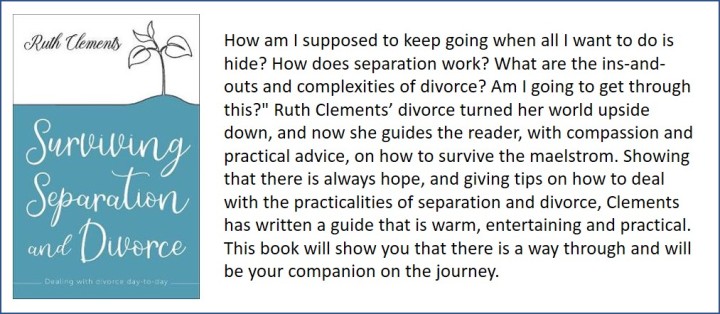I – apparently and unsurprisingly – learnt to talk at a very early age. I was speaking in sentences before I was 2, and I haven’t stopped since. But with these two tiny words – ‘yes’ and ‘no’, I shift to a default reaction.
If someone asks me for help, I’m the first to say yes. To be brutally honest I occasionally regret my instantaneous reaction, because when the time comes it’s not all that convenient for me personally, but the reward is always greater than my discomfort. Moving to London also encouraged me to say yes to new and different opportunities – there’s a lot I’d never have done otherwise. I said yes to moving for a start! If someone invites me to a social occasion I’m keen to say yes, and figure out the logistics and whether rest would serve me better later on.
But saying yes to receiving help has been something else. Timing, energy and circumstances have dictated some pretty hefty life changes at times I was least able to cope with them, or be any use at all. Most recently, moving house at 6 months pregnant, but also particularly in the early stages of separation. I’ve had many offers of assistance, so why is it hard to say yes?
In part, there’s the fear the person doesn’t really mean it. What if, as I mentioned earlier, I ask and they can’t do it? Maybe my acceptance could come at an inconvenient time? This is not really my job to worry about though – a friend can always offer a reschedule without completing backing down. If we’re that close, then their honesty is as valuable because they know I care about their circumstances too, or they may offer another way to help instead. By accepting or even boldly asking for help, I’m aware of the sacrifice I’m asking others to make. Friends came over to help pack in advance of the move when I was too overwhelmed to make decisions or know where to start. A whole Saturday was given over to moving our many belongings and helping to unpack the boxes. I was asking for and agreeing to a sacrifice of comfort and convenience from others. It’s hard to say yes to someone forgoing what they might have chosen, in order to choose you instead. It requires you to graciously accept that they love you enough to put you first.
It’s also hard to say yes, because there’s an admission that – no, I am not superwoman, and no, I cannot do it all. I couldn’t bend very far. I couldn’t lift the boxes. I definitely couldn’t carry them down any stairs. I couldn’t ‘just’ drop things off at the charity shop. Things I’d previously found simple, I couldn’t physically do. When I was separated I had no energy to cook by the end of a working day. Now pregnancy and separation could seem like legitimate reasons to need help – they are legitimate reasons, as are many others – yet why was it so hard to acknowledge that outside help was needed?
I had to come to terms with my own limitations. At different times of our lives, our limitations will be different. Maybe we’ve got an illness, physical or mental, that stops us from carrying out tasks that might seem day to day. Perhaps we have time limitations, or only a certain amount of energy we can expend. Saying yes to help meant acknowledging that I couldn’t, that I wasn’t self-sufficient and that I wasn’t ‘enough’ to sort out a situation. It tied into a long established and deep rooted concept of my own usefulness and what people would see of value in me. If I couldn’t perform these simple tasks, would that somehow render me useless and of less value?
Of course not. Yet those deep rooted ideals took a long time to unseat, and I’m not sure they fully have – as evidenced by the fact I’ve come back to the same problem once again. But saying yes has begun to open me up to that possibility that I can’t do everything myself, and actually – that that’s okay. That’s necessary. I don’t want to live an isolated life where I survive only on my own wits and resources. I want to live in relationship and community where help is offered and accepted because there’s a recognition of limitation and a joy in being able to help others where we can.
I’ve helped people out in the past, and they’re glad to help me out too. Offering practical help builds relationships. And accepting it builds them too. I love to be able to feel I’ve contributed to someone’s need, or at the very least have them know they are thought of through my offering. Why would that not be true for others too?
Saying yes has meant acknowledging my limits. It’s meant allowing others to make sacrifices for me and thanking them for doing so, knowing I am loved and valued in the context of that. It has meant saying yes to time or energy over money. It has meant saying yes to rest where I need it, over the social expectations that I attend or give out. Once I got used to my separation, I didn’t need to say ‘yes’ as much, and as I moved perhaps I became even more self-sufficient. As I step into parenting I think I’m going to need to say ‘yes’ to help even more. But that’s no bad thing. Building relationship and community on vulnerability and acceptance can actually be a very good place to be indeed.




